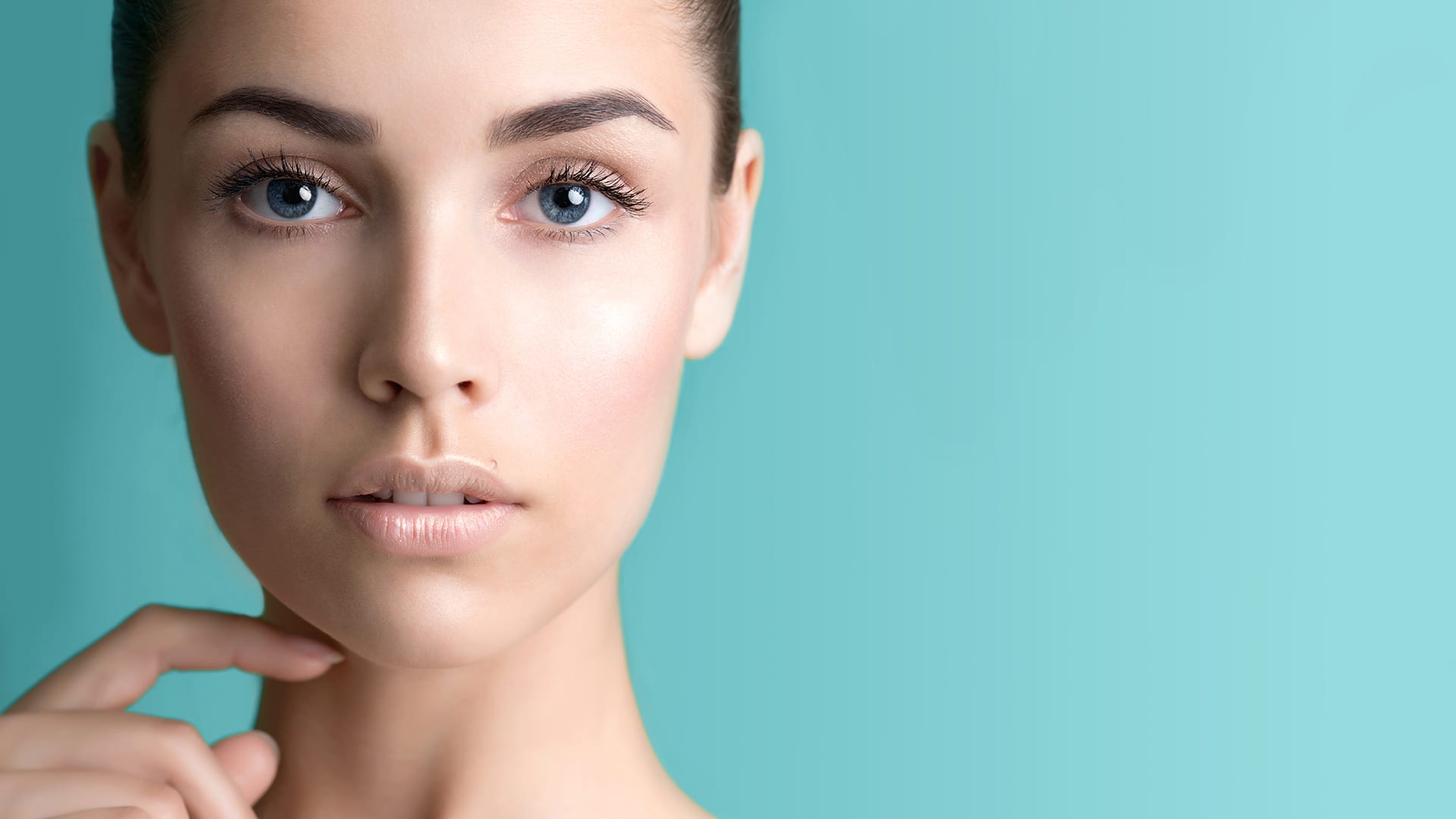[post_date format=”F j, Y g:ia”]
Navigating the world of hypoallergenic makeup can be a pain. You never know if it will end up impacting your ever-so-sensitive skin with any given chemical added to the mix. You see, the designation “hypo-allergenic” is not regulated by the FDA, so any company can claim the adjective. This probably leaves you wondering, “how will I find the best makeup for my sensitive skin?” And we hear you, which is why we’ll give you a guide as to how to select the right one.
Dryness, redness, itchiness, flakiness – these certainly aren’t fun to experience. Hopefully, you have a great skincare regimen to ward off these ugly skin ailments prior to applying makeup. If you’ve been down the sensitive skin makeup testing road before, you’ve likely experienced a few brands that irritated your skin. Then you likely may have put makeup on top of it to cover it, only to find out you were exacerbating it even more.
Where To Begin
Let’s go over the ingredients you should not have in your makeup bag. If you see anything listed as gluten, fragrance, silicone, parabens, sulfates, synthetic dyes, phthalates, dimethicone, talc, bismuth oxychloride or nanoparticles, these aren’t for you! The great news is that this narrows down your options, making your makeup quest much easier. On the flip side, you’ll want to keep an eye out for anything that is mineral-based makeup because it is noncomedogenic and generally contains less chemicals than other types of makeup. Mineral makeup also contains a natural barrier from environmental factors. You will also want to look for products containing green tea and natural coconut oil, as both will nourish and moisturize the skin.
Misconceptions
Contrary to popular belief, mineral-based makeup isn’t always more costly. Many brands carrying mineral-based makeup can be found in your local drugstore beauty aisle. But if beauty is your passion and you want to splurge on the more expensive brands, there are options aplenty in that direction too. It can’t be stressed enough – just ensure you are selecting something that is sulfate- and paraben-free. As sulfates, while effective at cleansing, can be much too harsh for sensitive skin, and parabens are artificial preservatives that have been directly linked to breast cancer.
Not all makeup is created equal – this we know – but it’s imperative to pay close attention to what you are applying to your eyes, as this can be the most sensitive area of the face. If you have sensitive skin, it’s a good bet your eyes are going to be the most affected by using heavily chemical based products. The irritation can even be akin to jabbing yourself in the eye with a mascara wand – ouch! You don’t have to fear eye makeup, though, as there are many brands available that cater to your special little peepers. No more watery, itchy, red eyes for the sake of beauty – hooray! You simply have to use proper techniques in conjunction with the right products.
Here are a few tips:
- Avoid the water line
Heavy eyeliner is dramatic, and let’s face it, fun! However, a lot of these heavy line looks can be especially irritating to the eyes. Try to get as close to your waterline as possible, without actually touching it.
- Use a waterproof, ophthalmologist-tested mascara
You may tear up over the slightest breeze, hint of dust or seasonal pollen and you know how unpleasant this can feel. Investing in a quality, waterproof mascara which is ophthalmologist tested can save the day.
- Choose quality brushes
The power of quality brushes is often underestimated but can make a huge impact on the way your eye makeup turns out. You can use synthetic or natural brushes, just ensure your selection is soft to the touch. The eyes are such a delicate area and a harsh brush can cause more harm than the beautiful look you intended. For eyeshadow, find something soft and fluffy. For eyeliner, find something more precise and angled, with soft bristles.
- Experiment with a ballpoint tip eyeliner pen
Ballpoint liners can seem a little intimidating at first, but if you are in the sensitive eye category, these can soon become your favorite tool. These liners glide on with ease and smoothness and create a super-defined look with minimal effort. No more fussing around with a brush, just ease the liner on from inner to outer eye and maybe give yourself a little cat eye flair with a twist of the wrist.
Conclusion
The reality is, if you have sensitive skin you don’t have to avoid all makeup like the plague. There are plenty of hypoallergenic options available, you just may have to do a little extra reading on the ingredients to find the best possible products. All skin is different and a series of experimenting may be required, but makeup has come a long way and there are definitely products out there to suit your needs.


